Biological characteristics do not grant a person any superiority over others. The real merit is the merit of righteousness.
KHAN MAMOON AHMAD, QADIAN
JULY 4, 2020
As COVID-19 still wreaks havoc around the world, another tension arose in the western part of the globe pertaining to a very unfortunate incident which created unrest on a global scale. Over a month since that incident, the storm of outrage it created still does not seem to have settled down completely. The killing of a black man in Minneapolis, USA by a cop in the most brutal fashion has led to anti-racism protests all over the country which ignited a worldwide call for justice.
Oppression against black people is not a new phenomenon. It has long existed in human history. However, after the emergence of social media, the issue gained huge attention worldwide. Many social movements started advocating for the rights of the black community and protesting against the brutalities committed against them.
One of such movements ‘Black Lives Matter’ received much acceptance across the globe. Soon, another slogan ‘All Lives Matter’ was developed in response to the movement which was alleged by many as being a way to ignore the structural racism prevalent in society and gave a false message that all lives are equally in danger.
This clearly shows that the issue of superiority and inferiority still exists in the minds of many people proving that worldly institutions have failed to solve the issue at a moral level.
However, the manner in which the Holy Quran dealt with the question is incredible. It emphatically proclaimed:
O mankind! We have created you from a male and a female; and We have made you into tribes and sub-tribes that you may recognize one another. Verily, the most honourable among you, in the sight of Allah is he who is the most righteous among you.[1]
That is to say, whether you are a male or a female, a black or a white, an African or an Asian, these differences do not matter to Allah. What matters to Him is the state of your mind. The ideas you follow or the actions you do are what actually count in the sight of Allah. What He demands from you is that your love and consideration for others be unconditional.
The person who discharges his duties towards his fellow-creatures in the same way he fulfills his responsibilities towards God Almighty is the one who has merit over others. Hence, the superiority lies in the inner qualities and not in the external features.
In his last sermon addressing mankind, the Holy Prophetsa further elaborated this point and said:
All mankind is from Adam and Eve. An Arab has no superiority over a non-Arab, nor has a non-Arab any superiority over an Arab; (similarly) a white has no superiority over a black, nor has a black any superiority over a white except by piety and good action.[2]
Hence, the biological characteristics of a person, which he/she has no control over, grant him/her no rank above others. If any merit can be attributed to a person over others, that would be through righteous deeds.
That being said, one should not be mistaken that discrimination is permissible on the basis of piety. The verse makes it clear beyond doubt that the superiority is in the sight of Allah and not in the perception of man. Hence, the Holy Quran leaves no room for any sort of divisiveness to exist in human society.
Further addressing the differences in physical characteristics of man, the Holy Quran makes this unambiguous declaration:
And among His signs is the creation of the heavens and the earth, and the diversity of your tongues and colours. In that surely are signs for those who possess knowledge.[3]
The Holy Prophetsa was sent to a people who considered themselves a superior race. They took such pride in their language that they labeled all non-Arabs as Ajami literally meaning ‘one who cannot speak clearly’.
While the Holy Quran acknowledges the superiority and eloquence of Arabic over other languages in an emphatic manner, it strictly forbids from making this a tool to discriminate against others. The differences in colour and speech are said to be a sign of God’s existence.
Hence, discriminating against others on the basis of color, language, race or any other physical characteristics is so unacceptable that it goes directly against the etiquette of an Islamic society. Such attitudes prevail only when the people of a society allows infectious notions to take root in their minds. In order to establish true peace and create a harmonious atmosphere, it is essential that all thoughts of inequality be wiped out of our minds.
In his historic address delivered at Capitol Hill, USA, the worldwide head of the Ahmadiyya Muslim Community said:
The truth is that peace and justice are inseparable – you cannot have one without the other. Certainly, this principle is something that all wise and intelligent people understand. Leaving aside those people who are determined to create disorder in the world, no one can ever claim that in any society, country or even the entire world, that there can be disorder or a lack of peace where justice and fair dealing exist… Yet, in general, there is little doubt that restlessness and anxiety is increasing in the world, and so disorder is spreading. This clearly proves that somewhere along the line, the requirements of justice are not being fulfilled. Therefore, there is an urgent need to try and end inequality, wherever and whenever it exits.[4]
Hence, instead of claiming supremacy on the basis of caste, colour and race, people should vie with one another in expressing love and compassion for others. We can hope for the world to acquire these golden Islamic principles so that it becomes an abode of peace.
The author is a graduate from Jamia Ahmadiyya Qadian, the Ahmadiyya Institute of Languages and Theology. He currently serves the community as a missionary in Qadian.
References:
[1] Holy Quran 49:14
[2] Musnad Ahmad Bin Hanbal, Baqi Musnad al Ansar
[3] Holy Quran 30:23
[4] World Crisis and the Pathway to Peace p. 84

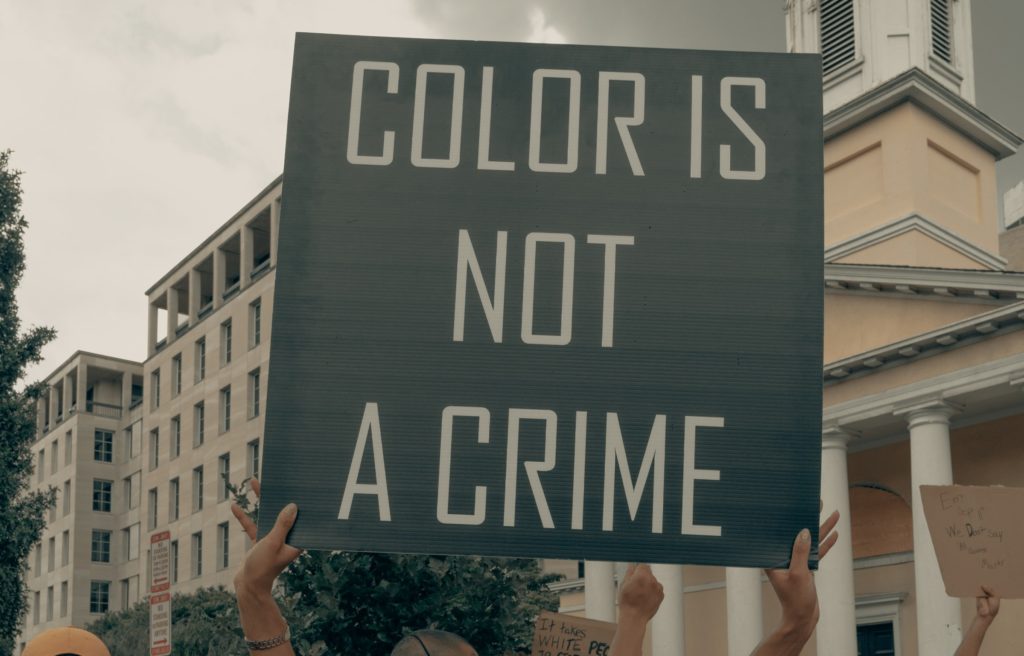



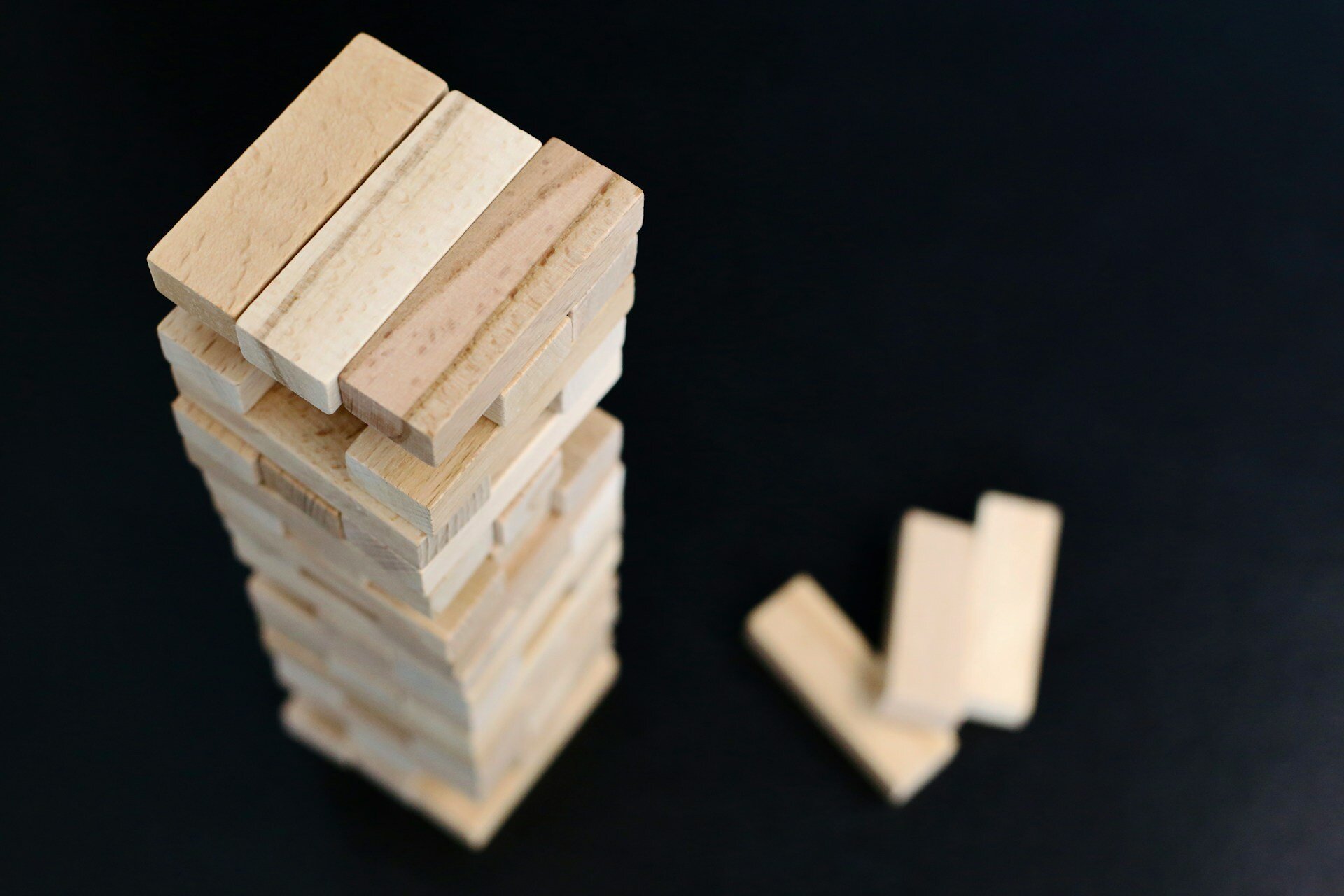
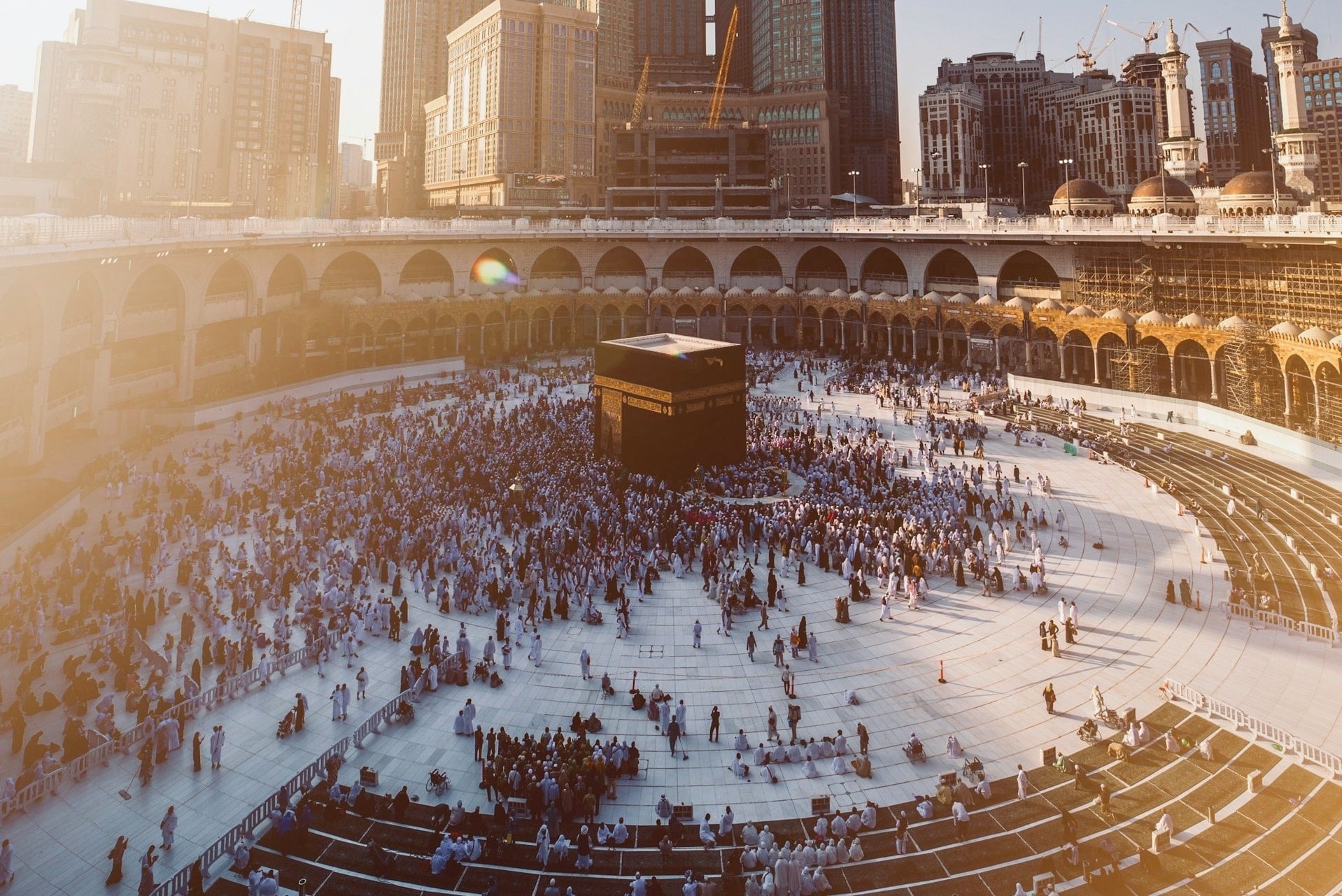
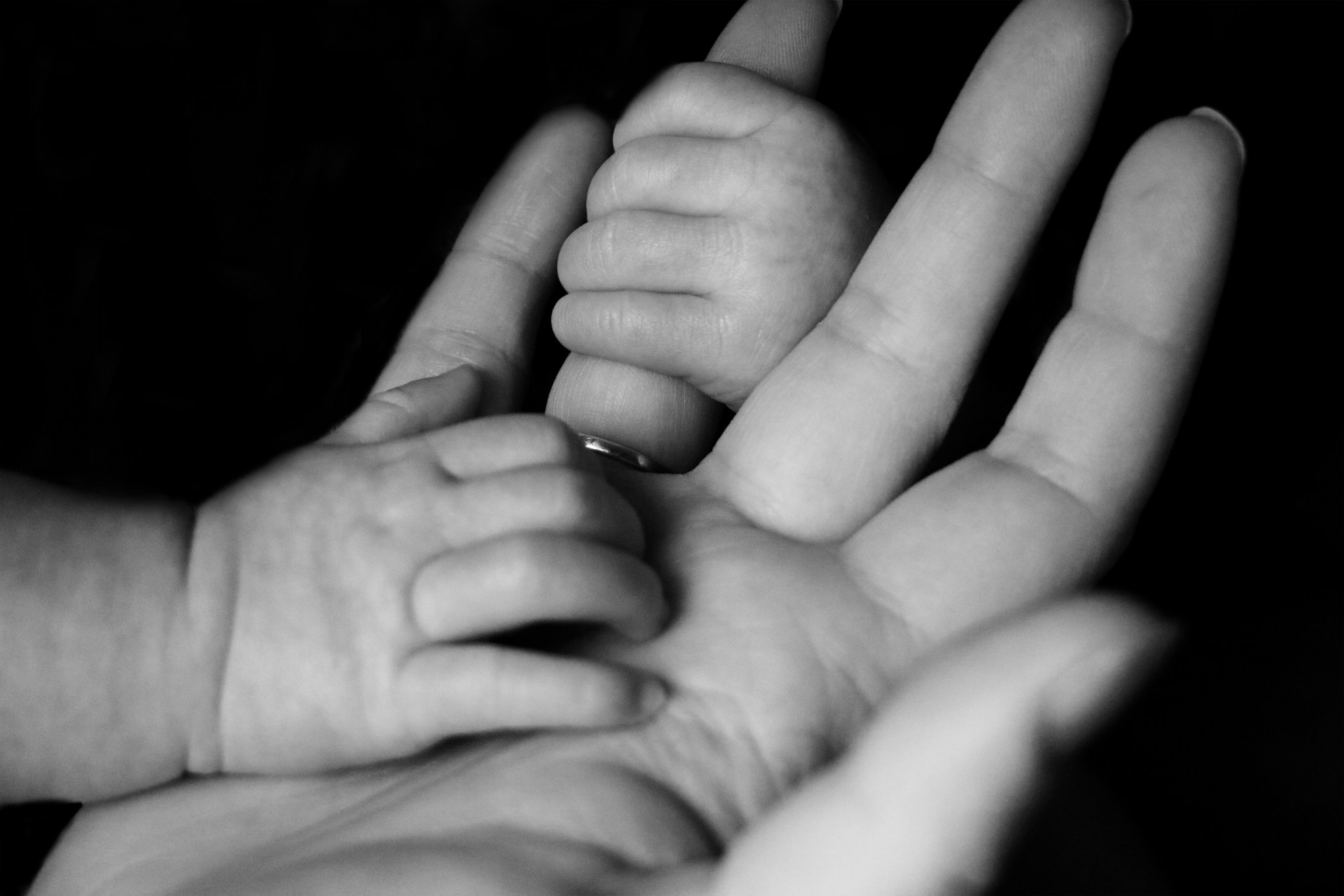
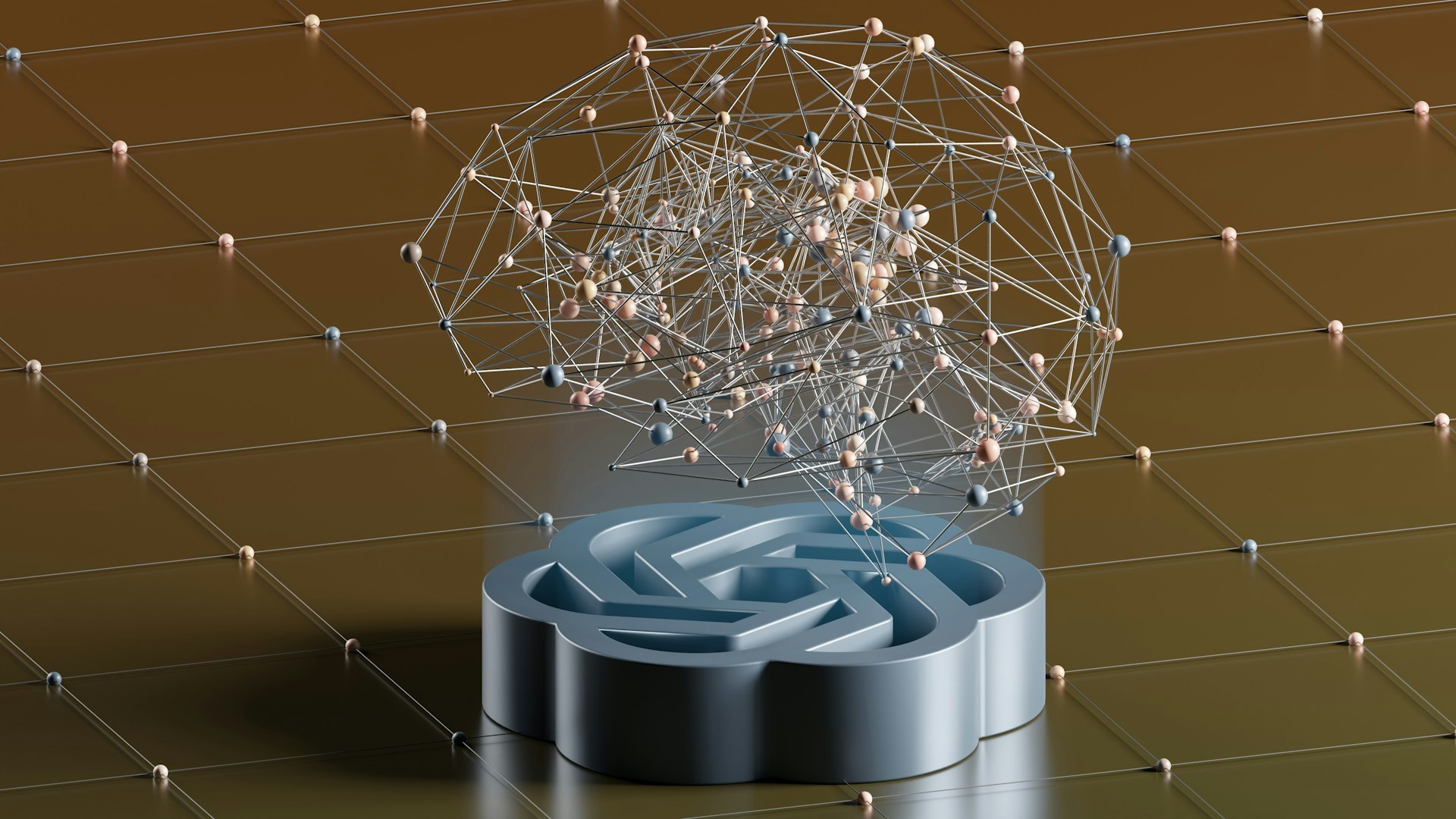
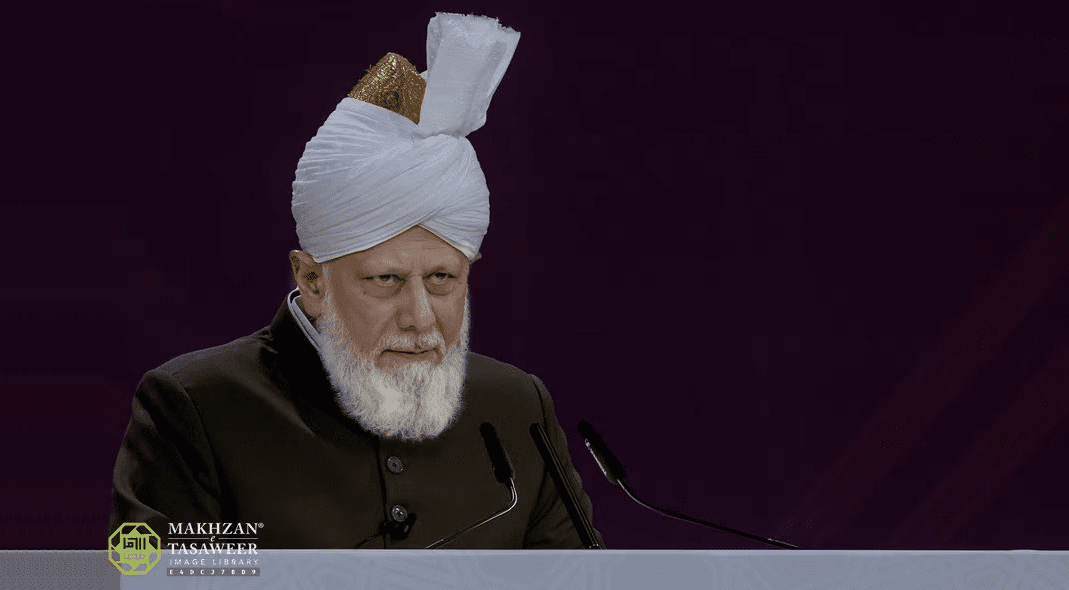
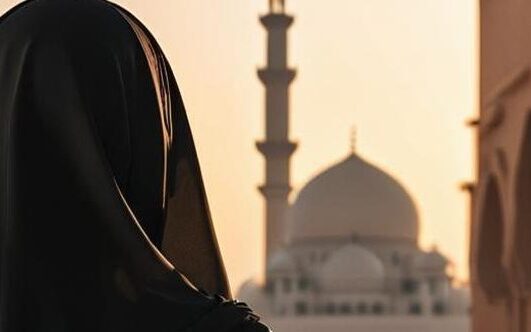


0 Comments